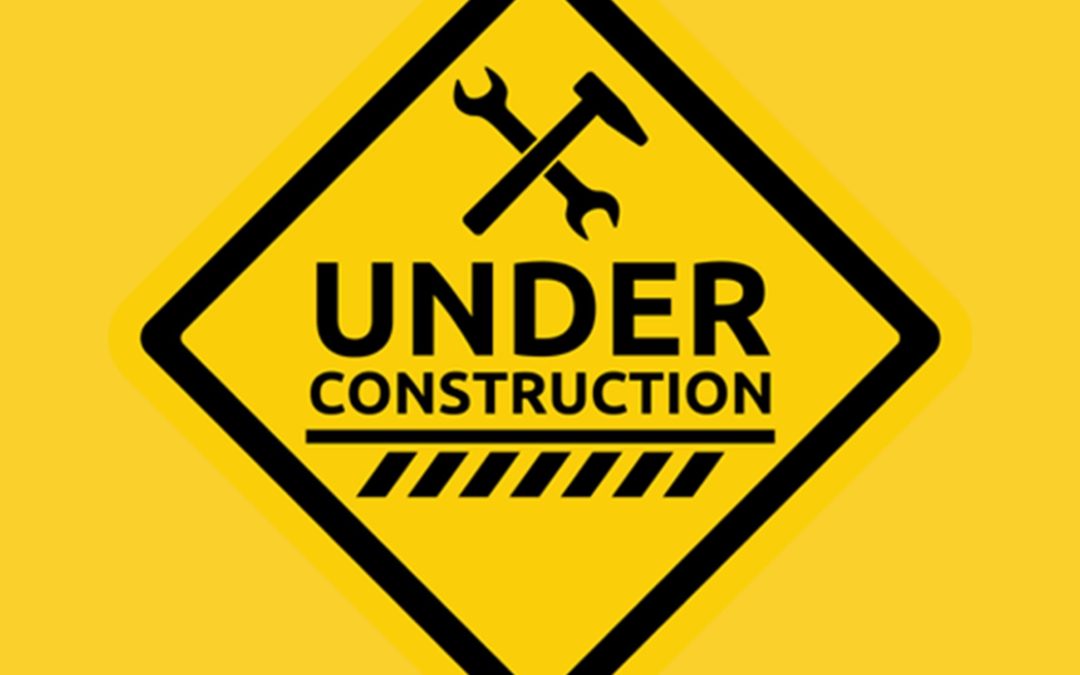Planning in business is essential to success. Your business plan grows with your business as you continue to lift your goals, analysing your successes and shortfalls.
But honestly? Most people would rather stick pins in their eyes than write a business plan. In their minds it’s a big, long formal document that has nothing to do with what they’re really passionate about in their business, though they know they need one when they go to see their bank manager about a loan. We understand that. But it’s true what they say:
‘Failing to plan is planning to fail’, attributed to Alan Lakein
A business plan is not essential to run a business. But it is essential to run a successful business.
Most people are aware that developing a business plan is part of starting up a new business. And they also know banks and potential investors won’t lend without seeing a convincing business plan.
But for a business to stay on track, meet emerging challenges and meet its targets, it’s important to have a business plan that will grow over time and stand as the blueprint for success.
Strengths, weaknesses, opportunities, and threats
What do you want to achieve? What do you need to achieve? How you are going to achieve it? What
are the strengths, weaknesses, opportunities, and threats to your business?
▪ Your strengths may include such things as:
skills
relationships
quality of product/service
management
▪ Your strengths may include such things as:
skills
relationships
quality of product/service
management
▪ Your opportunities may include such things as:
new technologies relevant to your business
changes in government or changes to law
environmental change (whether in the physical, market or online environment)
▪ Your opportunities may include such things as:
new technologies relevant to your business
changes in government or changes to law
environmental change (whether in the physical, market or online environment)
Business planning in governance and management
Good governance includes keeping the business plan current. Directors should look at the plan regularly at management meetings, both at strategic and operational levels. All stakeholders in the business, including team members, should be aware of the business plan so they can commit to their own responsibility to ensure the plan stays on track and the business realises its goals.
Commitment
Your commitment to the business plan as a living document is critical to business success. Without it, the business plan will be dead, without meaning or follow through, trotted out from time to time when you need to talk to the bank.
As your accountants, we can help
We can help you focus on key issues:
▪ what the business does and for what market
▪ where you are now
▪ what you want
▪ how to make this happen
▪ what will make this easier
▪ what will make it harder
We can help you quantify these and interpret the financial data.
What’s involved?
A number of stages are involved in putting together a business plan:
▪ analyse the business:
identify factors which may affect your business, its growth and success
determine how these affect you and the best way to deal with them
conduct research on factors which have an impact on your business
▪ pull together the numbers to back you up, as well as supporting documentation such as marketing
or other plans, details of contracts or commitments
▪ identify the stakeholders in your business. Let them know what you’re doing and consult them in
the development and review of the plan
▪ develop a draft plan and review it. Test it thoroughly with your advisors and stakeholders in the
business
▪ make whatever changes are needed and finalise your plan
▪ implement the plan
▪ decide the process to review the plan and keep it current as your business grows and conditions
change





